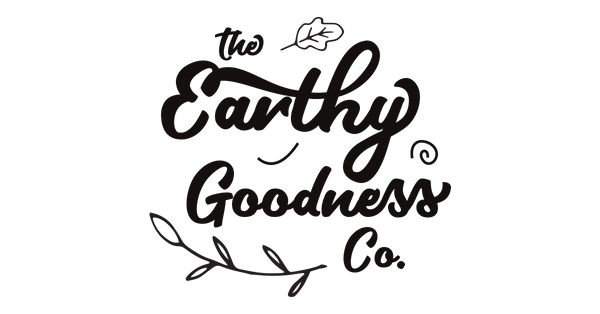August 26 2021 – Ibironke Jegede

Antibacterial Soaps are bad for you. African Black Soap has natural antibacterial properties.
You have probably bought into the hype of antibacterial soaps being very good for you by killing germs and getting rid of nasties on your skin. You also probably still use it for yourself and your kids. It turns out it is not as great for your skin as you thought. In September 2, 2016, the FDA banned[1] 19 antibacterial additives commonly found in over-the-counter soaps. Why did the FDA decide to prohibit these seemingly helpful additives?
The general nature of soap is to loosen the bacteria and viruses off your hands or body so that they can be washed away easily. Secondly, you tend to wash your hands for a longer period[2] when using soap, because you try to rinse all of the suds away. In essence, regular soaps don’t necessarily kill bacteria and viruses as much as they simply help you wash them off your skin.
Antibacterial soaps have all the same properties of regular soaps, but with an extra ingredient added that is intended to stop the bacteria remaining on your skin from multiplying. The idea is that this additive will further protect the you from harmful bacteria as compared to regular soap. It is important to mention that these ingredients generally have no effect on viruses, so the focus is to reduce the risk from bacterial germs.The most common antibacterial additive found in consumer hand soaps is a compound called triclosan.
There are concerns that triclosan use may increase the risk of generating drug-resistant bacteria. It is well documented that bacteria normally found on your skin can become resistant to triclosan itself. Specifically, triclosan-resistant bacteria typically have mutations in proteins called enoyl-acyl carrier protein reductases (ENRs), which are important for the biosynthesis of cell membranes and are also targets for other clinically used antibiotic drugs. Thus, when bacteria populations are continually exposed to triclosan, especially from environmental accumulation, they develop mutations in their ENRs to survive the exposure. The major public health concern is that these ENR mutations can also make these bacteria resistant to other antibiotics prescribed by doctors.[3] The bacteria you are trying to kill is immune to the antibacterial soaps. Research also suggests it may impact hormone levels.[4]
The FDA issued a ruling in 2013 that required manufacturers to provide direct evidence that household soaps marketed as antibacterial are better at reducing germs and chances of infection compared to plain soaps. To date, there has been no conclusive evidence to suggest household antibacterial soaps are an improvement over non-antibacterial soaps. In fact, one study found it didn’t matter whether a household used plain or antibacterial soap containing triclocarban[5], a compound that is closely related to triclosan and is part of the FDA ban.
This means that if you are washing your hands with antibacterial soap, you are exposing yourself and the environment to increased amounts of these chemicals without any measurable benefit. It is for this reason that the FDA has banned adding triclosan and 18 other common antibacterial agents to household soaps.[6]
You are better off using African Black Soap which has natural antibacterial properties[7] that can actually help improve certain skin conditions. Studies show that African Black Soap works better than medicated soaps when removing bacteria such as Escherichia coli, Corynebacterium spp., Staphylococcus aureus, Staphylococcus epidermidis, Bacillus spp. [8]
The active ingredient in black soap is sulfur, a potent antimicrobial and anti-inflammatory agent which kills bacteria and fungus on the skin[9].
Shop our range of African Black Soaps here.
[1]http://www.fda.gov/NewsEvents/Newsroom/PressAnnouncements/ucm517478.htm
[2] https://www.cdc.gov/handwashing/show-me-the-science-handwashing.html
[3] https://sitn.hms.harvard.edu/flash/2017/say-goodbye-antibacterial-soaps-fda-banning-household-item/
[4] https://www.fda.gov/consumers/consumer-updates/antibacterial-soap-you-can-skip-it-use-plain-soap-and-water
[5] https://www.ncbi.nlm.nih.gov/pubmed/16023513
[6] https://www.verywellhealth.com/the-problem-with-antibacterial-soap-4125914
[7] http://citeseerx.ist.psu.edu/viewdoc/download?doi=10.1.1.675.6183&rep=rep1&type=pdf
[8] https://www.webmd.com/beauty/health-benefits-of-african-black-soap#2
[9] https://advanceddermatologymemphis.com/2020/05/20/what-to-know-before-using-african-black-soap/


0 comments